How Contagious? Likely Before You Know You’re Sick
Although a lot of emphasis has been placed on the need to stay home if you feel sick, many studies have shown that people are often contagious before they know they have been infected, making the virus that causes the disease much harder to contain.
In one recent study, researchers from China tracked 94 COVID-19 patients and found that they shed the most virus -- and were likely the most contagious -- just before or as they developed symptoms.
Infected people with no symptoms are likely to be just as contagious as those with symptoms, such as a dry cough, fever, and aches, according to very early research, says William Hanage, PhD, an epidemiologist at the Harvard T.H. Chan School of Public Health.
In a new study from The Lancet, which looked at the outbreak as it spread from Wuhan to Shenzhen, China, researchers showed that cutting down the time people with the virus interacted with others reduced its spread -- in other words, social distancing worked. This study also found that 5% of infected people took at least 2 weeks to develop symptoms, suggesting they may have been infectious for a long time.
Evidence from a nursing home also supports the idea that people are contagious before they get symptoms or even if they never develop obvious symptoms, according to a New England Journal of Medicinestudy. More than 70% of residents who hadn’t yet gotten symptoms were shedding the virus, the study showed.
Researchers in the Netherlands found a similar pattern in monkeys.
In a recent study in Science, a group led by Barry Rockx, PhD, an assistant professor in the Department of Viroscience at Erasmus University Medical Center in the Netherlands, infected monkeys with two similar coronaviruses, including the new one, and compared it to data they already had on severe acute respiratory syndrome (SARS).
One species of monkeys infected with high levels of the new virus, officially called SARS-CoV-2, began shedding the virus within a few days, Rockx says. “All the animals were shedding from the nose and throat very early after inoculation,” he says, with a peak 3-4 days after infection. The virus could still be detected up to 2-3 weeks after infection, though it wasn’t clear whether those monkeys were still contagious, Rockx says. “There didn’t seem to be a lot of infectious virus,” he says.
None of the animals had clinical signs of the disease -- no coughing or fevers -- but they did show the same types of lesions on their lungs that are seen in people who have the virus, even those without symptoms.
Evidence suggested that older monkeys were more contagious and for longer than younger ones, Rockx says, though because of the small number of animals, that finding didn’t reach statistical significance.
Researchers are also unsure exactly when infected people stop being contagious.
“In general, we expect that once a patient’s symptoms are improving, they become less likely to be contagious to other people,” says Anna Sick-Samuels, MD, an associate hospital epidemiologist at Johns Hopkins Hospital in Baltimore.
It’s hard to know for certain when someone is no longer contagious, because diagnostic tests can find out only if someone has viral particles in their system, Sick-Samuels says. “At this time, it is not clear if detecting genetic material of the virus means that the virus is still alive and infectious or if the test is detecting remnants of dead virus.”
Some hospitals, including Massachusetts General in Boston, allow their staff to return to work 14 days after symptoms end and after two negative COVID-19 tests 24 hours apart.
Michael Mina, MD, an assistant professor of epidemiology at the Harvard T.H. Chan School of Public Health, says most people will have undetectable levels of the virus about 8-10 days after their symptoms start. But that varies.
“Some people might clear it quickly, and some may actually take quite a bit longer: 2 weeks if not 3 weeks to clear the virus,” he says. “A good rule of thumb for this virus … is to wait for about 2 weeks after symptom onset before assuming that you’re most likely not transmissible.”
Source: WebMD Health News Reviewed by Brunilda Nazario, MD on April 28, 2020
Most Relevant
Continuous reading
COVID-19: National caseload rises by 9,472 on September 23
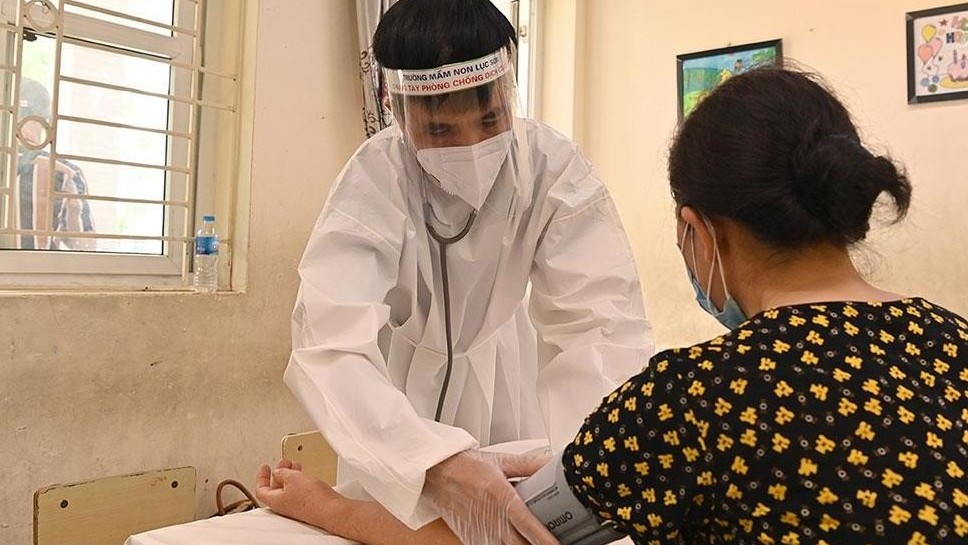
24 HRS Medical - 24/09/2021
COVID-19: National caseload rises by 9,472 on September 23
Vietnam logs additional 10,280 COVID-19 cases
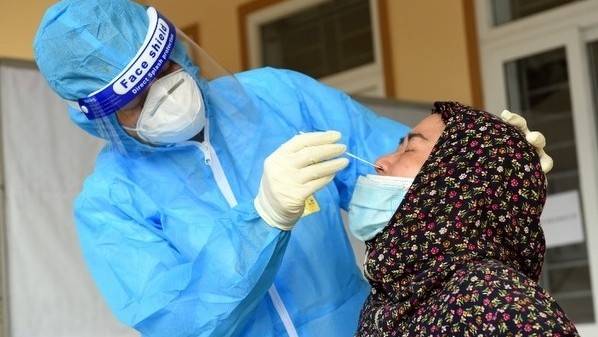
24 HRS Medical - 24/08/2021
Vietnam logs additional 10,280 COVID-19 cases
More than 147,000 COVID-19 patients recover
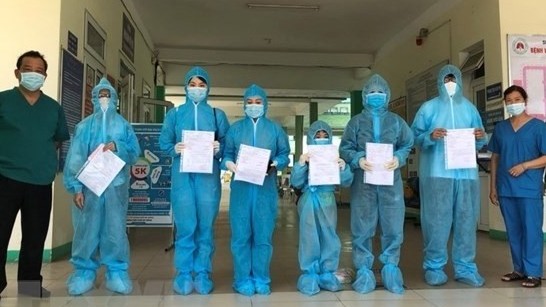
24 HRS Medical - 24/08/2021
More than 147,000 COVID-19 patients recover
Health ministry to expand COVID-19 home-treatment
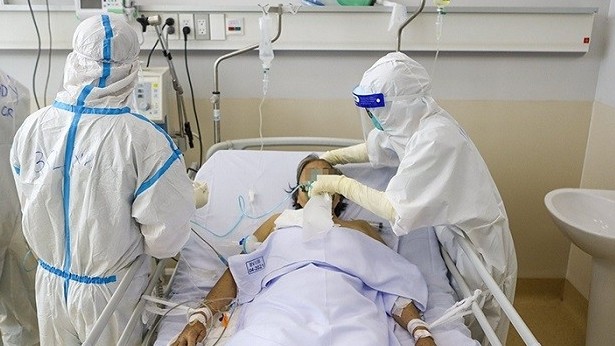
24 HRS Medical - 14/08/2021
Health ministry to expand COVID-19 home-treatment
Vietnam records 43 new local Covid cases
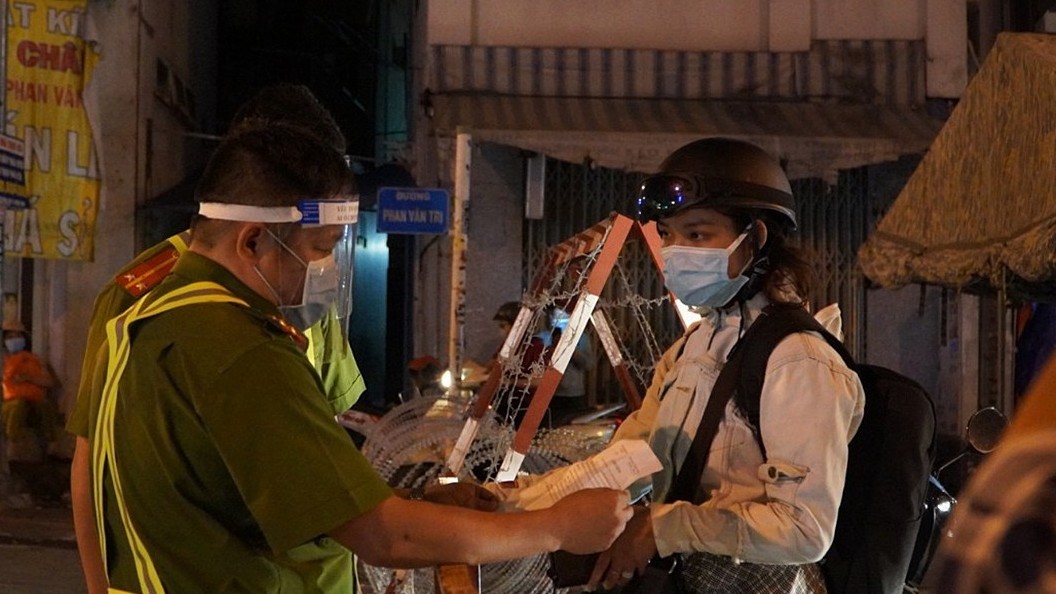
24 HRS Medical - 08/06/2021
Vietnam records 43 new local Covid cases




